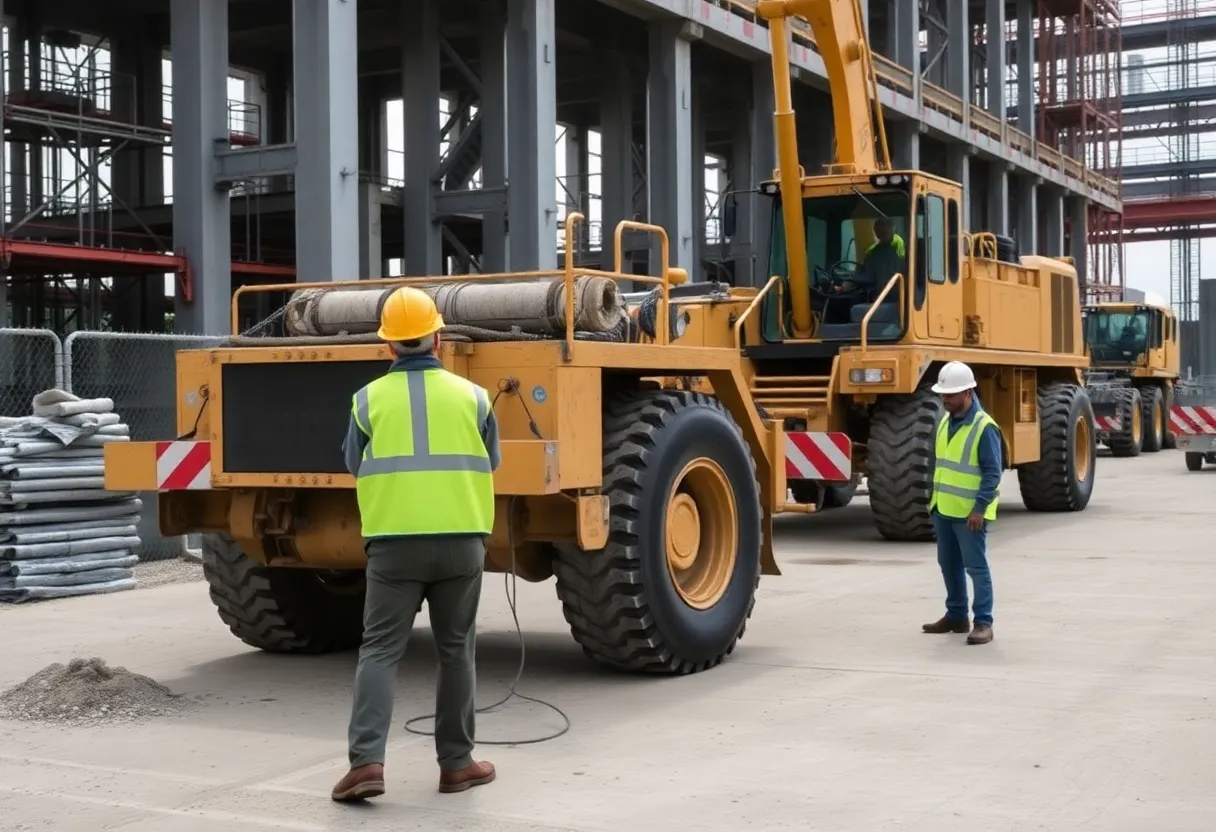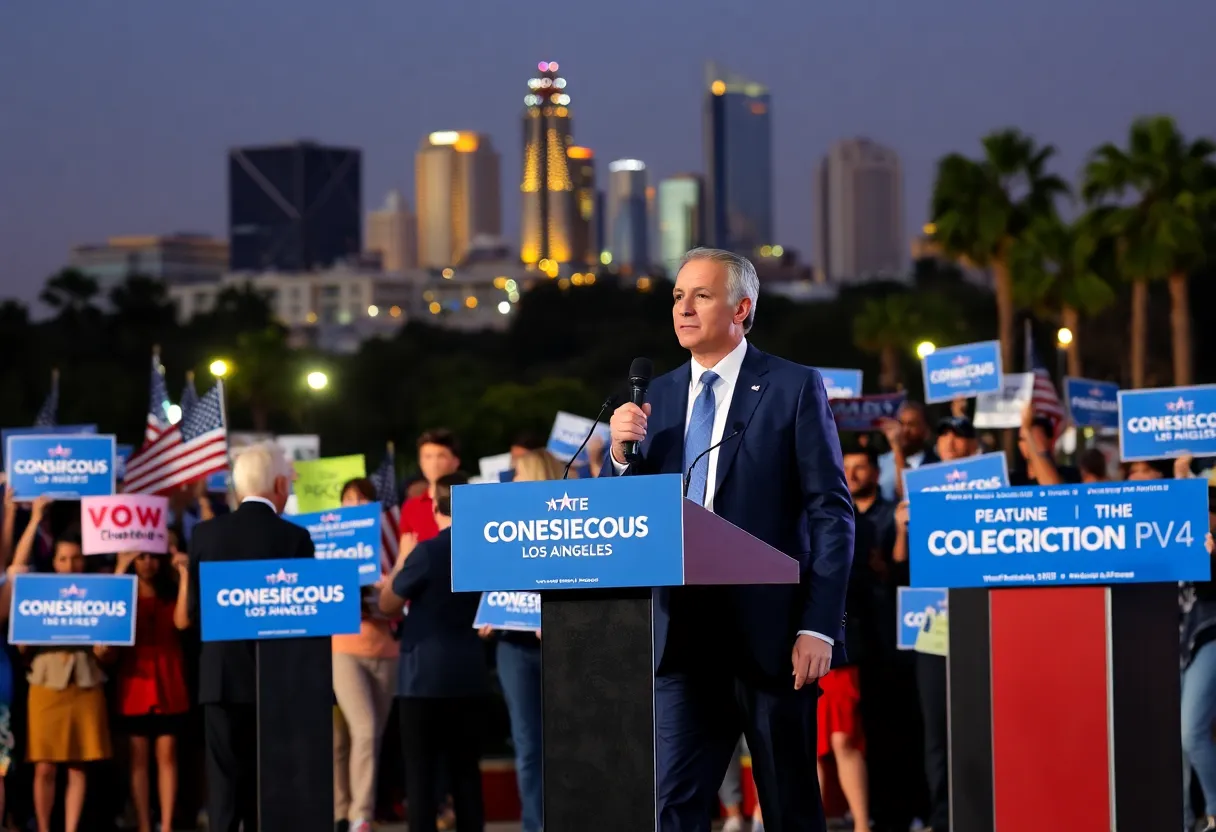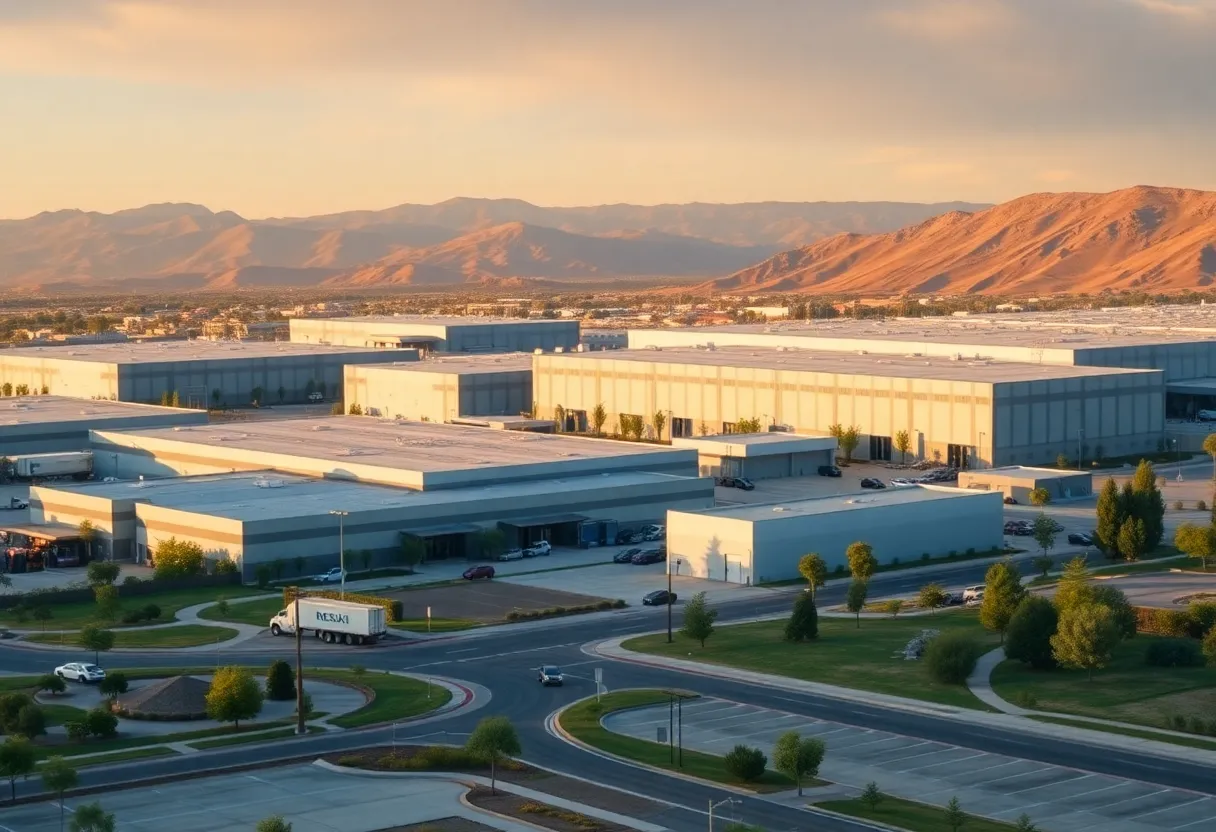News Summary
The construction of Hyundai’s battery plant in Georgia has been delayed by two to three months following a raid by U.S. Immigration and Customs Enforcement. The raid affected hundreds of workers, particularly skilled technical experts crucial for the project’s progress. This setback comes amidst Hyundai’s significant investment in U.S. manufacturing, raising concerns about balancing foreign investment with the need for American jobs. As stakeholders monitor the situation, the delay may impact other automotive manufacturers’ strategies in the U.S. market as well.
Atlanta, Georgia – The construction of Hyundai’s battery plant in Georgia has been delayed by approximately two to three months following a raid by U.S. Immigration and Customs Enforcement (ICE) on September 4. During this raid, hundreds of workers, many of whom were from South Korea, were arrested, creating significant impacts on the ongoing construction efforts.
Hyundai Motor Co. CEO José Muñoz confirmed that the raid has hindered progress at the battery plant, indicating that essential technical experts responsible for the installation and validation of equipment have departed due to the sudden complications. This skilled workforce is crucial for advancing the construction and operational capability of the facility. However, it is important to note that the construction delays specifically affect the battery plant and do not extend to a nearby car assembly plant.
The investment in U.S. manufacturing from Hyundai has escalated to an impressive total of $26 billion, marking a notable achievement during the Trump administration. This investment strategy has played a critical role in enhancing local job creation and strengthening the automotive supply chain. Nevertheless, the current situation underscores a fundamental tension within the administration’s policy approach: the balancing act between attracting foreign investment and the obligation to ensure that American jobs are filled by American workers.
Commerce Secretary Howard Lutnick highlighted the potential for record levels of U.S. construction employment by early 2026, reflecting optimism about economic recovery and growth in the manufacturing sector. This projection is contingent upon swift action by U.S. officials in expediting the return of the necessary workers to the Hyundai site, which will be instrumental in rectifying the delays.
The battery plant is a critical component of Hyundai’s broader strategy to enhance electric vehicle production and meet the growing global demand for sustainable transportation solutions. As the automotive industry evolves, companies like Hyundai are increasingly focusing on building infrastructure that supports alternative energy sources, including electric and hybrid vehicles. The Georgia battery plant is aimed at bolstering this transition, with expectations of significant contributions to both the local economy and the environment.
In light of these developments, stakeholders in the automotive and manufacturing industries, as well as local communities, are closely monitoring the situation. The delay not only impacts Hyundai’s timeline but may also influence the strategic planning of other automotive manufacturers looking to expand their footprint in the U.S. market. Quick resolution and restoring the workforce will be essential for Hyundai to meet its objectives and adhere to planned deadlines for production milestones.
As Hyundai navigates this challenging situation, the implications could extend beyond immediate construction concerns. The ongoing dialogue about immigration policy and workforce availability in manufacturing is likely to remain a prominent topic as the industry faces evolving challenges and opportunities in the coming years. The outcome of this crisis may ultimately be a defining moment for policy-makers, highlighting the necessity to harmonize investment incentives with the need for a stable workforce, particularly in high-skill sectors.
Overall, the situation at Hyundai’s Georgia battery plant serves as a case study of the complexities entailed in modern manufacturing and the intersecting issues of immigration, labor, and economic investment.
Deeper Dive: News & Info About This Topic
HERE Resources
ICE Conducts Major Immigration Raid at Hyundai EV Facility
Law Enforcement Operation at Hyundai Megasite in Georgia
Additional Resources
- The New York Times
- Wikipedia: Immigration to the United States
- CBS News
- Google Search: Hyundai Georgia plant ICE raid
- The Economist
- Google Scholar: Hyundai immigration policy
- The Guardian
- Encyclopedia Britannica: Immigration Policy
- CNN
- Google News: Hyundai ICE raid
Author: STAFF HERE LOS ANGELES WRITER
The LOS ANGELES STAFF WRITER represents the experienced team at HERELosAngeles.com, your go-to source for actionable local news and information in Los Angeles, Los Angeles County, and beyond, specializing in "news you can use" with coverage of product reviews for personal and business needs, local business directories, politics, real estate trends, neighborhood insights, and state news affecting the area—with deep expertise from years of dedicated reporting and strong community input, including local press releases and business updates, while delivering top reporting on high-value events like the Academy Awards, LA Auto Show, and Los Angeles Marathon, extending coverage to key organizations such as the Los Angeles Area Chamber of Commerce and the Los Angeles Tourism & Convention Board, plus leading businesses in entertainment and technology like Warner Bros. and SpaceX, and as part of the broader HERE network including HEREAnaheim.com , HERECostaMesa.com , HEREHuntingtonBeach.com , and HERESantaAna.com , providing comprehensive, credible insights into Southern California's dynamic landscape. HERE Anaheim HERE Beverly Hills HERE Coronado HERE Costa Mesa HERE Hollywood HERE Huntington Beach HERE Long Beach HERE Los Angeles HERE Mission Viejo HERE San Diego HERE Santa Ana





